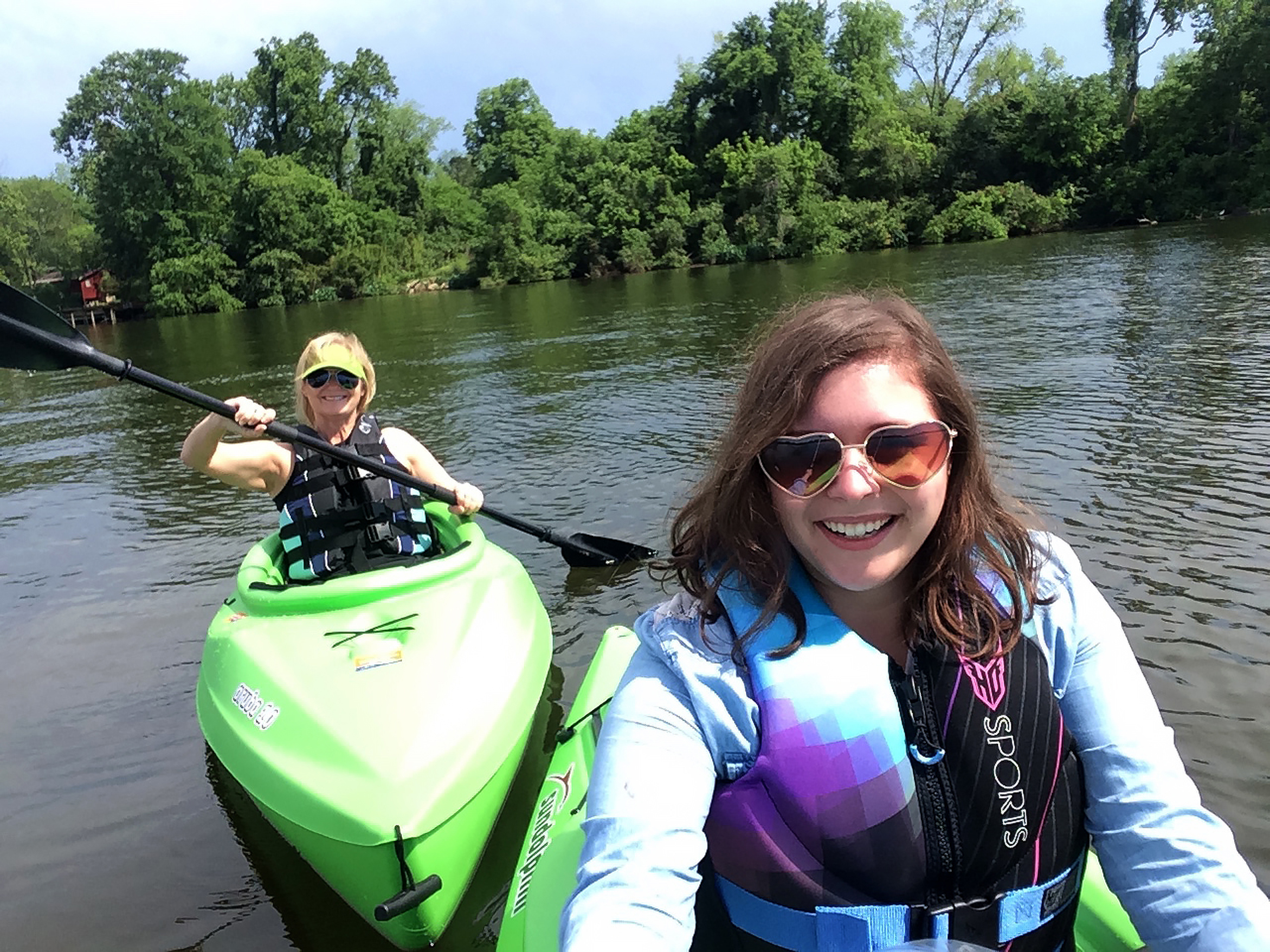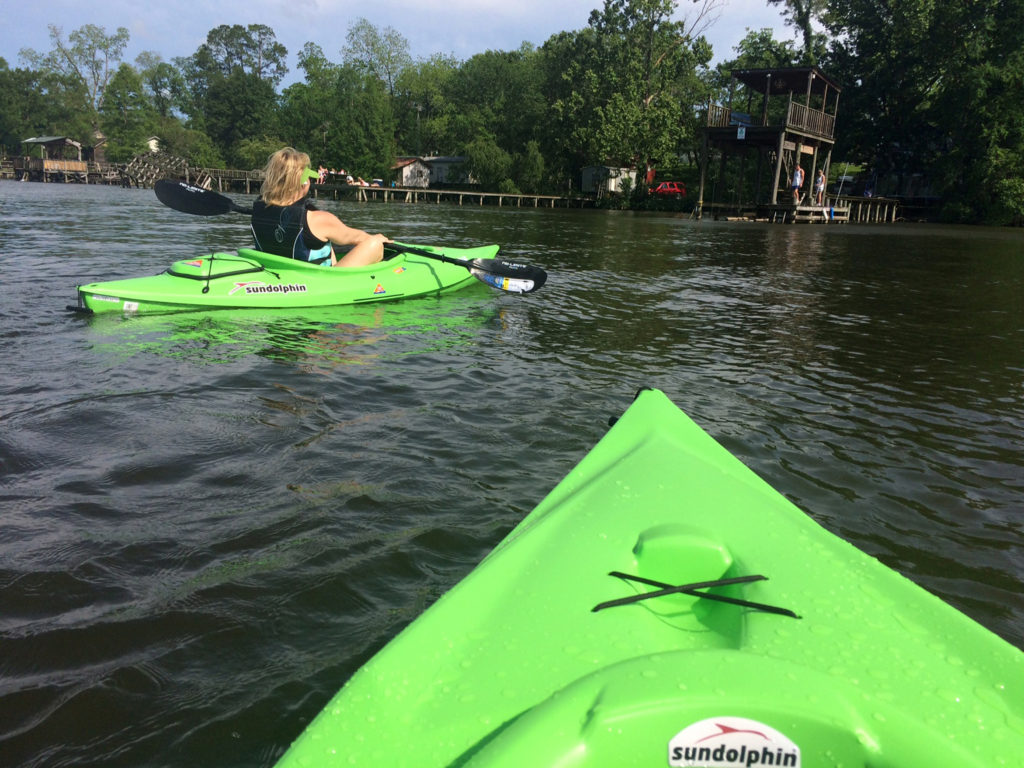
How False River became home again for one writer
My childhood was baptized in murky swamps and bayous that snaked molasses-slow down the bottom of the boot. Summer days meant sitting in my grandparents’ driveway, blue and red crabs scuttling around our legs before a boil, or sitting on a dock on the Tchefuncte River as an 11-year-old, waving at a gator as it bobbed along.
Before me was my mother, escaped from the banks of Bayou Lafourche, her father’s shrimp boat back home in Cut Off named after her. And my father, a Lake Charles native, who dove off the pylons of the canal bridge and rode tractor tires pulled behind pontoon boats.
Prairie Cajun and Bayou Cajun came together to make me, a city girl who can’t fish but can tie a tidy cleat hitch and drive a boat one-handed. To my dad, I was a mot-low—Cajun French for “first mate.”
|
|
A camp was something both of my parents always wanted, and we settled quickly into False River when I was young. We were naturals. Weekends at the camp became sacred, unmissable rituals of barbecue, campfires, raucous tube rides and midnight cruises. Throwing you into the lake became one of my dad’s highest forms of affection.
But, since losing him to cancer in 2014, it’s been hard to find the same sense of peace we used to have out here. The upkeep is tougher without his brute strength and mechanical instincts, and some weekends it just seems like the weeds grow faster and the rain falls harder than it used to.
On the second anniversary of his death, though, my mom and I made a decision: We were taking back the water.
 We bought a pair of 10-foot kayaks and had them hauled out to our camp, out to the dock that used to house our boat and the water that always felt like home. Neither of us had ever been in a kayak before—not a clue what we were doing between us.
We bought a pair of 10-foot kayaks and had them hauled out to our camp, out to the dock that used to house our boat and the water that always felt like home. Neither of us had ever been in a kayak before—not a clue what we were doing between us.
Somehow, though, it just made sense.
Even now, there’s just something liberating for us about pushing off into clear, wet air and smooth water.
Paddling along behind her, I can see a softer set to my mom’s shoulders, a return of that feeling she used to love of riding in the front of the boat while my dad drove: that everything is in its right place.
A kayak is just a floating piece of polyethylene and a paddle, but it’s also a little act of reconciliation. It’s a summer day years ago full of booming laughter and fireworks, a memory of watching the sun sinking behind the trees from the dock. It’s going back to the way things were and finding them different, but still salvageable.
Here in Louisiana, we make the outdoors spiritual. We retreat into it to feed our souls.
And sometimes, we go back to befriend it again.
|
|
|
